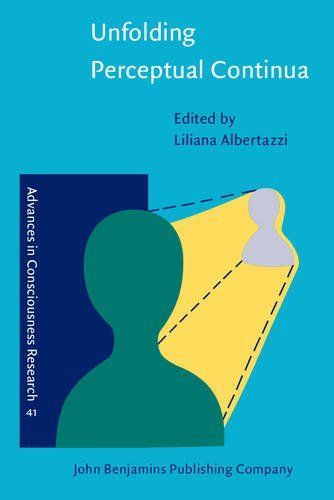
Unfolding Perceptual Continua
The book analyses the differences between the mathematical interpretation and the phenomenological intuition of the continuum. The basic idea is that the continuity of the experience of space and time originates in phenomenic movement. The problem of consciousness and of the spaces of representation is related to the primary processes of perception. Conceived as an interplay between cognitive science, linguistics and philosophy, the book presents a conceptual framework based on a dynamic and experimental approach to the problem of the continuum. Besides presenting the primitives of a theory of cognitive space and time, it presents a theory of the observer, analyzing the relationship among perspective, points of view and unity of consciousness. The book's chapters deal with the dynamic elaboration and recognition of forms from the lower to the higher processes in the various perceptual fields. Experimental analysis from visual, auditory and tactile perception outline the basic structures of intentionality and its counterpart in language and gesture. (Series B)